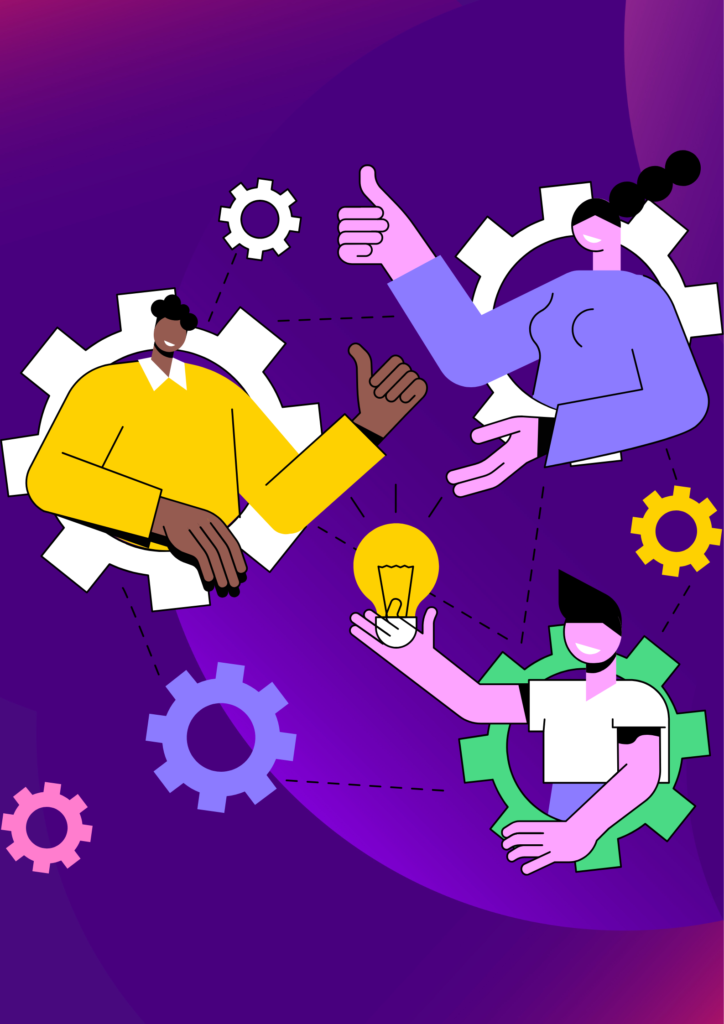The Imperative of Skill Development in the Modern World

The Changing Nature of Work
The contemporary landscape, marked by rapid technological advancements and globalization, has highlighted the critical importance of skill development. The rise of automation, artificial intelligence, and digital technologies has led to the displacement of traditional jobs and the emergence of new, skill-intensive roles. To remain competitive in this evolving job market, individuals must continuously acquire and update their skills.
Economic Growth and Development
Skill development is essential for economic growth and development. A skilled workforce is a nation’s greatest asset, driving innovation, productivity, and competitiveness. By investing in the development of their human capital, countries can attract foreign investment, create high-quality jobs, and improve living standards. Additionally, skilled individuals are more likely to contribute positively to their communities and society as a whole.
Personal and Professional Fulfillment
Beyond economic benefits, skill development also plays a crucial role in personal and professional fulfillment. When individuals possess the skills and knowledge they need to succeed, they are more likely to experience greater job satisfaction, increased self-esteem, and a sense of purpose. Moreover, developing new skills can open up exciting career opportunities and broaden one’s horizons.
Challenges and Opportunities
However, the path to skill development is not without its challenges. Access to quality education and training opportunities can be limited, particularly for marginalized groups. Additionally, the rapid pace of technological change can make it difficult to keep up with the latest skills and knowledge. To address these challenges, governments, educational institutions, and businesses must work together to create inclusive and equitable learning environments that cater to the diverse needs of learners.
Skill development is an imperative in the modern world. It is essential for navigating the changing job market, driving economic growth, and achieving personal and professional fulfillment. By investing in education, training, and lifelong learning, individuals and societies can position themselves for success in an increasingly complex and competitive global landscape.




















